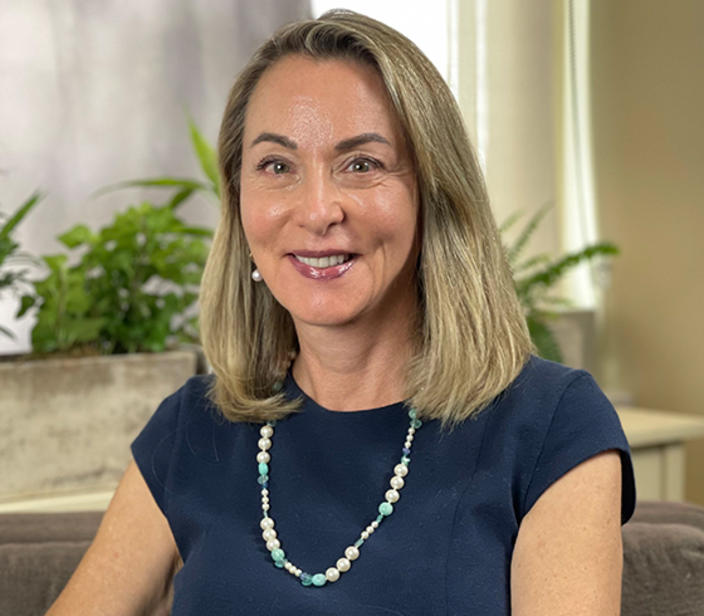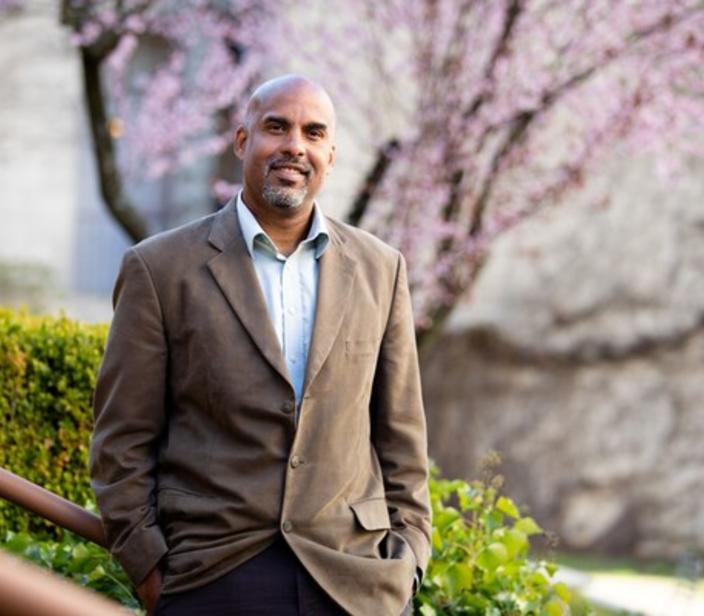Child and Adolescent Psychiatry Fellowship
The mission of the Division of Child and Adolescent Psychiatry is to train child psychiatry fellows to diagnose and treat mental illness in children from infancy through 18 years of age and their families. The child psychiatry fellow will understand biological underpinnings and vulnerabilities, environmental and family influences, interactions with medical illness, and neurological concomitants of the illnesses.
Interested in learning more about our program? Please visit our recruitment page
Statements and Values
Antiracism Statement
The Department of Psychiatry and Behavioral Sciences condemns racism, discrimination, and oppression in all forms. We affirm that racism and oppression are public health crises with serious mental health consequences for the communities we serve.
We commit to listen to and promote Black, Indigenous and people of color. We also commit to amplify their calls for change. We have work to do. We are part of a system that has allowed racial disparities in medical outcomes to persist for far too long.
We affirm the Joint Statement on Antiracism put forth by the Association for Academic Psychiatry that condemns the long history of structural racism in our institutions. As psychiatrists and educators, we pledge to take the lead in educating ourselves and others to address these issues head-on.
Our work is guided by the following principles:
-
Amplify the voices of those most directly affected by racism and oppression to restore justice. Racism and oppression are not their responsibility to solve; the responsibility to dismantle racism falls on those who have benefited from it
-
Ensure a just, equitable, and inclusive educational, clinical, and research environment. Our Diversity and Inclusion Committee’s mission statement and ongoing initiatives address diversity in all forms as the path to excellence in each of our mission areas
-
Take all needed steps to identify and dismantle unjust and inequitable systems, as individuals and collectively. This includes systems of white supremacy, a political or socioeconomic system in which white people benefit from a structural advantage (privilege) over other ethnic groups, on both a collective and individual level, and other forms of oppression and discrimination within our medical school, our university, and society at large.
In line with these departmental principles, the UMN Psychiatry and Behavioral Sciences Education Council commits to the following actions:
-
Lead and engage in national conversations on racial justice and the dismantlement of systems of white supremacy in Psychiatry and Behavioral Sciences based on what we have learned by listening to Black, Indigenous, and people of color in Minnesota following the killing of George Floyd as a result of police brutality by former members of the Minneapolis Police Department. Additionally, we will author and post a statement naming George Floyd and summarizing these perspectives.
-
Affirm and broadcast our anti-racism statement and action steps on our websites, social media accounts, and other internal and external communications
-
Implement the curriculum developed by the American Psychiatric Association Black Caucus, entitled, “Stress and Trauma Toolkit: for Treating Historically Marginalized Populations in a Changing Political and Social Environment” in Departmental graduate medical education programs
-
Engage in proactive outreach, support, and mentorship of Black, Indigenous, and people of color, including current trainees, matched trainees and applicants engaged in the recruitment process
-
Use the lens of diversity as a driving factor during recruitment and applicant ranking activities, utilizing best practices as outlined by the Department’s Diversity and Inclusion Committee.
Diversity & Inclusion
The University of Minnesota Psychiatry Fellowship Program is committed to training a diverse generation of future psychiatrists. We firmly believe that practitioners should represent multiple backgrounds, life experiences, and viewpoints to best serve our patients and advance the field of psychiatry. Our recruitment process is mindful of every applicant’s complex background including racial identity, ethnic identity, sexual identity, gender identity, socioeconomic status, disability, religious practice, and geography. We actively recruit and support diverse residents with an understanding that these residents will strengthen our program, enhance our delivery of patient care, and foster change to reduce healthcare disparities.
Vision and Values
The University of Minnesota CAP Fellowship wants to provide its trainees with a solid theoretical framework combined with a broad clinical experience. We want our fellows to become safe, competent, and confident child and adolescent psychiatrists.
Firstly, we have designed a didactic curriculum that gives trainees a practical and solid knowledge base that can be applied directly to clinical work. We are constantly working on making didactics as clinically relevant as possible, using basic science, clinical studies, and faculty experience to help prepare trainees for a wide variety of inpatient and outpatient clinical scenarios. By asking multiple members of the faculty to teach these didactics, we also hope to expose fellows to many of the division and program faculty, helping build connections and relationships that can be used for consultation and networking.
Secondly, we provide clinical education that gives a breadth of experiences in different clinical settings and international patient populations. We pay close attention to making sure that trainees have an appropriate balance between education and preparation for the “real world” of clinical practice, while still meeting ACGME requirements and helping trainees get ready for board examinations. At the University of Minnesota, one of our greater strengths is experience with very acute inpatient populations. We prepare our psychiatry trainees for the full range of clinical severity of the child and adolescent population that they might encounter in future clinical practice. We do this with support and guidance from experienced faculty so that trainees can practice managing extremely acute psychiatric cases in a supported environment. Another great strength of ours lies in the tremendous diversity of the cities of Minneapolis and St. Paul. Our patient population is a mix of rural and urban, and of Native American, Caucasian, African-American, Hispanic, Somali, Hmong, as well as various African and Middle-eastern nationalities. Our trainees have extensive experience liaising with county and tribal services, working with interpreters, and learning to navigate socio-political, cultural, and religious contributors to patient health. When our fellows graduate, they are well-versed in case formulation, holistic and family-centered care, and a wide variety of pharmacologic and non-pharmacologic interventions for pediatric mental illness.
We want our fellows to feel welcomed, supported, and safe. We continue to create and improve feedback mechanisms and a culture that supports open communication, bidirectional feedback, transparency, and improvement for both fellows and faculty. We also want fellows to feel that they are being treated as junior peers to faculty rather than students, and that their input is welcomed and listened to as we continue to support their education. Our program currently meets all ACGME requirements, but we want to build a program that is more than just adequate. We are aiming for excellence, and we are seeking colleagues who will collaborate with us to achieve this.
Training
Apply
Our fellowship participates in the National Resident Matching Program through ERAS, the Electronic Residency Application Service. All supporting documents, including letters of recommendation, must be submitted electronically as part of the ERAS submission.
Letters of Recommendations
We require three letters of recommendation total. One letter must be from your training director in general psychiatry, detailing your psychiatric education to date. The letter should include the rotations that you have taken and any rotations that may need to be completed in Adult Psychiatry for Board eligibility. Please use this form if your program does not have a standard form. Two other letters are required; these can be in regards to Medical School, Internship, or Residency. Of the three, one letter must be from a child and adolescent psychiatrist.
Visa Sponsorship
The J-1 physician visa sponsored by ECFMG is the preferred visa status for foreign national trainees in all UMN graduate medical education programs; therefore, the Department of Psychiatry sponsors J-1 visas, and H-1B visas (in some situations).
More information on the J-1 and H-1B visas can be found on the UMN-GME webpage: International Medical Graduates & Visas
Application Deadlines
Please refer to the ERAS website and the National Resident Matching Program (NRMP) for deadlines.
Interviews
Applicants considered for a position to the University of Minnesota will be offered an interview with the program director and selected faculty. These Interviews will be conducted at the end of September through October.
Rotations
Fellowship Year 1
Our first year curriculum focuses on the management of children, adolescents, and families who are in crisis or are struggling with severe mental illness. First year rotations are divided into 1-3 month blocks, during which fellows rotate through inpatient, day hospital, and consultation services. This experience is supplemented by continuity clinic, longitudinal psychotherapy experience, and our didactics series.
Inpatient Child and Adolescent Psychiatry - We offer clinical experiences at two inpatient facilities. At the University of Minnesota Medical Center (UMMC West Bank) fellows rotate on our general unit and the intensive treatment center - the only ICU level psychiatric unit for children in the state of Minnesota. Our other site, PrairieCare at Brooklyn Park, is a private, free-standing psychiatric hospital. These facilities serve a diverse patient population with a broad spectrum of diagnoses and symptom severity.
Consult Liaison - At the University of Minnesota Masonic Children's Hospital, a building physically connected to UMMC West Bank, fellows provide consult liaison services to our busy pediatrics services. Fellows will gain experience managing common medical complications of mental health crises as well as psychiatric manifestations of rare and complicated disorders.
Day Hospital - Fellows rotating through the day hospital participate in the treatment and care of adolescents participating in structured intensive outpatient and partial hospital programs for mental health conditions.
Psychotherapy - Fellows learn core psychotherapy principals through multiple clinical cases carried throughout their training. Modalities fellows may have opportunities to practice include: cognitive-behavioral therapy, exposure and response prevention, psychodynamic psychotherapy and others.
Continuity Clinic - Fellows carry a diverse outpatient panel throughout their two years of fellowship - providing experience in continuity of care for a diverse patient population.
Year 1 Example Schedule:

Fellowship Year 2
Our second year curriculum focuses on the longitudinal management of children, adolescents, and families living with mental illness. Rotations are divided into half days, during which fellows spend time in various outpatient experiences including general clinics, specialty clinics, integrated care, community consultation and more. While there are still some required experiences, fellows have more flexibility in creating an experience tailored to their future career goals.
Continuity Clinic - Fellows continue their continuity clinic experience through both years of fellowship - they will carry much of their patient panel through the entirety of their fellowship training.
Psychotherapy - Fellows continue their psychotherapy training and have an opportunity in second year to increase their therapy caseload to gain additional experience with other therapy modalities, more complex case, and to work with other therapy supervisors.
Child Psychiatry Specialty Clinics - Fellows have the opportunity to join the teams of several disorder-specific specialty clinics which are staffed by faculty with clinical expertise in specific patient populations. Opportunities include early stage mood disorders, anxiety disorders, neurodevelopmental disorder, and psychotic disorders.
Family Consult Clinic - Specializing in complicated, ambiguous, or treatment refractory patients and families, the family consult clinic provides a unique clinical experience for our fellows. Fellows participate in an assessment process that transcends traditional divisions of individual and family therapy in order to deliver holistic and family-centered care with the support with an expert family therapist.
School Consultation - Fellows provide in-person consultation to level 4 schools in the surrounding area. Opportunities include in-class observation, psycho-education of school staff, advanced formulation, participation in Individualized Education Plan meetings.
Autism Spectrum Disorders - An in-depth experience through a community organization that specializes in the assessment and treatment of autism spectrum disorders and other developmental conditions. This includes observing structured ASD assessments, case consultation, and supervision, an international expert and researcher in autism spectrum disorders.
Community Psychiatry - Fellows will spend time in the outpatient psychiatry clinics at both Hennepin Healthcare and Smiley's family medicine clinic. These are specific training experiences in community psychiatry that serve primarily under-served populations of children and adolescents with mental health needs.
Electives - Fellows have an opportunity to participate in multiple electives to explore specific areas of interest. These include additional experiences in psychotherapy, developmental and behavioral pediatrics, outpatient adolescent chemical dependency, research projects etc.
Year 2 Example Schedule:
Contacts
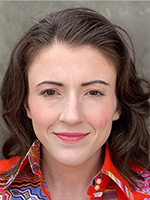
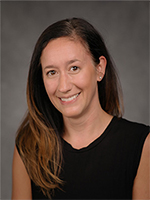
Training Sites
University of Minnesota Medical Center (UMMC West Bank)
7A/ITC Inpatient Child and Adolescent Psychiatry
Inpatient child psychiatry is divided between the main unit, 7A, and the intensive treatment center, 7ITC. These units are currently in flux, including building improvements and staffing changes. Any information in this guide can change rapidly. The ITC is available for patients with dangerous or dysregulated behaviors (e.g. autism, psychosis, mania, and suicidal actions on the unit). The ITC provides higher staffing to patient ratios and a more secured environment. A physician order is needed to move patients between units. Patients may move between these units as deemed appropriate.
Masonic Institute for the Developing Brain (MIDB)
We in the division of child and adolescent psychiatry are very excited to have moved to the Masonic Institute for the Developing Brain (MIDB) in October 2021. This new initiative brings together experts from diverse fields across the University of Minnesota (e.g. Child Psychiatry, Pediatric Psychology, Pediatric Neurology, the Institute of Child Development, and the Institute of Community Integration) to work side-by-side toward MIDB's mission: to advance brain health from the earliest stages of development into adulthood, supporting each individual’s path to becoming a valued and active member of their community. The Child and Adolescent Psychiatry outpatient clinic, research and education activities are now housed in this beautiful, newly-renovated facility where integration with experts and learners from other fields fosters interdisciplinary collaborations and spark new ideas. This state-of-the-art new clinical-research-policy center is devoted to excellence, innovation, discovery and service to the community.
PrairieCare
PrairieCare is a stand alone CAP hospital in a suburb of Minneapolis. They accept patients of all ages and diagnoses, though they do not have an ITC or ICU level of care. Rotating at this for profit hospital in the community, provides a valuable opportunity to work in a setting quite different from the university system. Fellows typically carry fewer patients on this rotation so they may take a deeper dive into each patient case. The attending on this rotation is very committed to fellow education, and does "chalk talks" several times a week. This is the only first year rotation that is off site, it is about a 20 minute drive from the Riverside hospital.
Masonic Children's Hospital
Peds Neurology
This one month rotation takes place primarily at Masonic Children's Hospital. Fellows act as part of the peds neurology consults service. Fellows see children of all ages, infants to teens, with a wide variety of neurologic problems. Some afternoons, fellows also attend peds neurology clinics depending on covering attending and consult work load. There are typically neurology residents and medical students on this rotation as well. This is the only "off service" rotation of fellowship.
Consults
This rotation takes place at Masonic Children's Hospital, providing consult-liaison services to the primary pediatric teams. Fellows see a wide variety of conditions including adjustment to chronic illness, psychogenic disorders, medical workup of new psychiatric symptoms, psychiatric disorders affecting the patient’s treatment, behavioral problems on the medical floors, delirium, management of psychiatric medications while treating a comorbid medical condition, and evaluation of suicidal ideation. Fellows are first page, and manage the team with significant autonomy, though a CL attending is always available for support.
Fraser Minneapolis
This rotation serves to complement the educational experience of the fellowship with a deeper focus on early childhood development and neurodevelopmental disorders, including developmental delays, autism spectrum disorder, and its comorbidities. This is a largely observation based rotation which takes place at Fraser Minneapolis, a nationally recognised provider of autism and early childhood mental health services. Fellows have the opportunity to observe diagnostic assessments, including the ADOS, and feedback sessions with families. They are also able to observe both children with various neurodevelopmental disorders and mental health concerns, as well as neurotypical children, in group settings group settings in order to make observational peer comparisons with typical and atypically developing children.
Family Consults Clinic
Each week, for a portion of the year, fellows attend Family Consult Clinic with a psychology faculty member. In this unique clinic, the lead psychologist, all participating fellows, and the family are present in the room. This allows fellows to not only observe the family dynamics and the interventions of the psychologist, but to provide input as they become more comfortable with family interventions. There is time for discussion of cases built into the clinic block. Previous fellows have consistently reported this is a very high yield learning experience that increases comfort working with families and expands knowledge of dynamics and development. This clinic also provides a valuable service, allowing fellows to refer patients and their families who are in need of family assessment or intervention.
916 School District
This rotation provides an opportunity to learn more about higher level schools and the services they offer, while gaining experience as a consultant. The children in these level 4 schools have not been able to succeed in mainstream schools and need additional support due to neurodevelopmental disorders, mental illness, or other emotional and behavioral issues. Fellows spend a half day per week in the school, working with teachers, administrators, and support staff to optimize the interventions various children recieve. In a consultant role, fellows must work to share their medical knowledge and style of thinking and formulating cases with the school staff. The capacity to formulate a differential diagnosis, to include pertinent data in support of their formulation, and to then evolve a plan of treatment is not a common part of school teachers' experience and understanding of behavior. This rotation also gives fellows a better understanding of the importance of collaborating with schools in psychiatry practice, they services they can offer, and their limitations.
Program Faculty and Fellows
Program faculty include a diverse group of psychiatrists and psychologists with varying areas of expertise and backgrounds. Over the two year program, fellows will have the opportunity to work with many of our division faculty, as well as providers from other systems in the twin cities metro area. Below, is a list of the program faculty who nearly all fellows encounter during their time here, listed by their primary role. There are additional departmental and division faculty involved in our program via presentation of didactics, elective experiences, service coverage, research opportunities and consultation.
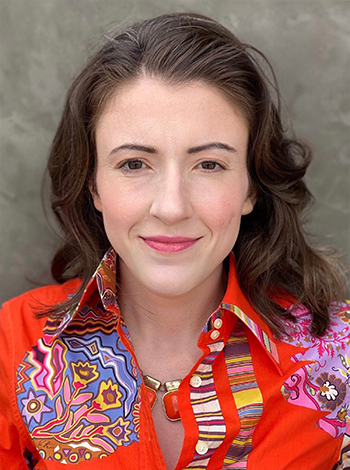
Jacquetta Blacker, MD
Program Director
Child & Adolescent Psychiatry
Deputy Division Director
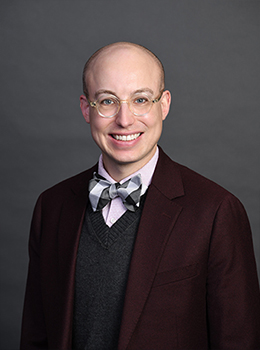
Tom Briese, MD
Associate Program Director
Child and Adolescent Psychiatry
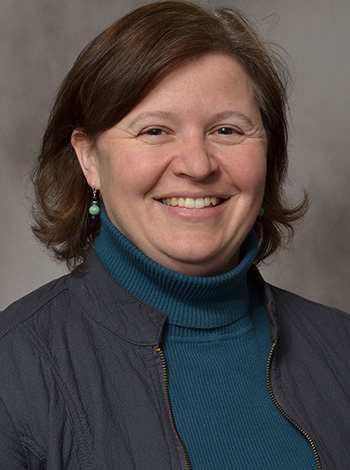
Aimee Murray, PsyD, LP
Assistant Program Director
Psychotherapy Director
F1 Psychotherapy Supervisor
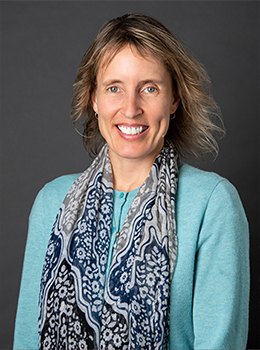
Katie Cullen, MD
Child & Adolescent Division Chair
Co-Director Early Stage Mood Disorders Clinic
Co-Director Research on Adolescent Depression (RAD) Laboratory
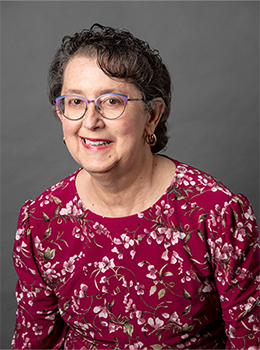
Gail Bernstein, MD
Clinic Supervisor
Endowed Professorship in Child & Adolescent Anxiety Disorders
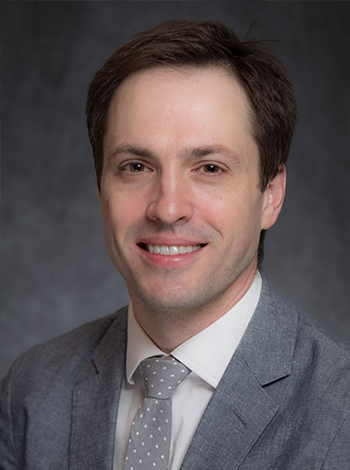
Jonathan Homans, MD
Fellowship Clinic Lead
Clinic Supervisor
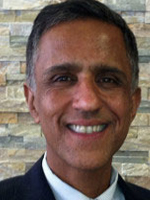
Sanjiv Kumra, MD
4B Day Treatment Attending
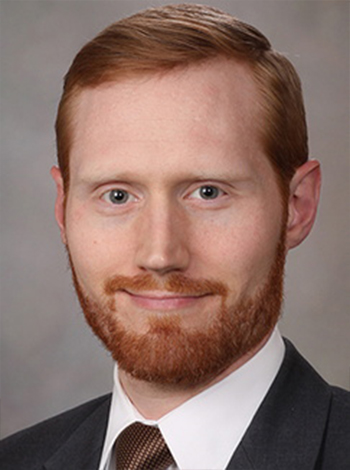
Charles Lewis, MD
CAP Inpatient Attending
Director of the ABF Laboratory
(Adolescent Brain Function)
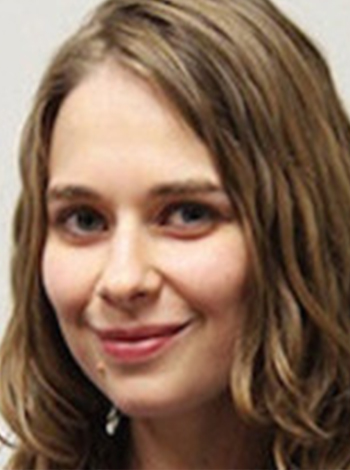
Amanda Schlesinger, MD
Consult Liaison Attending
Early Stage Mood Disorder
Clinic Attending

Shamala Tamirisa, MD
PrairieCare CAP Attending
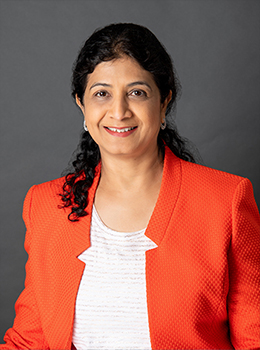
Afshan Anjum, MD, MS
Psychosis Clinic Attending
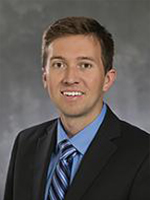
Travis Dunn, MD
Allina Clinic and Integrated
Care Attending
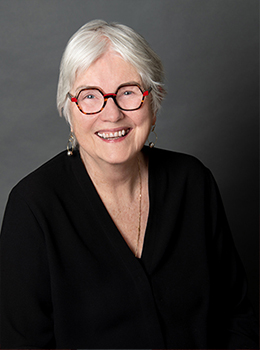
Anne Gearity, PhD
Family Consult Clinic Specialist
Psychotherapy Supervisor
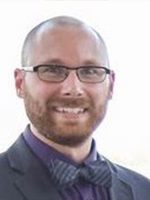
Travis Fahrenkamp, MD
Hazelden Addiction Treatment Center Attending
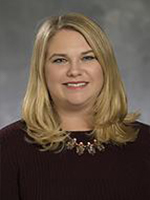
Dani Goerke, DO
Allina Clinic & Day
Hospital Attending
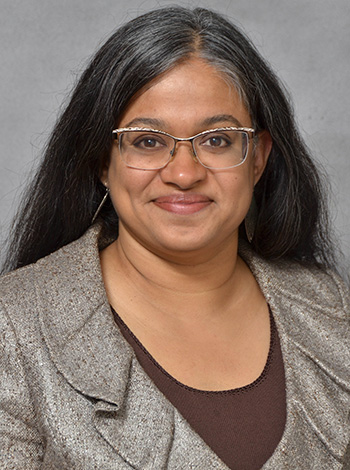
Suma Jacob, MD, PhD
Fraser Autism Experience Lead
Director of Autism Research
U of M Autism Initiative (UMAI)
Steering Committe Member
Director of Autism Research Laboratory
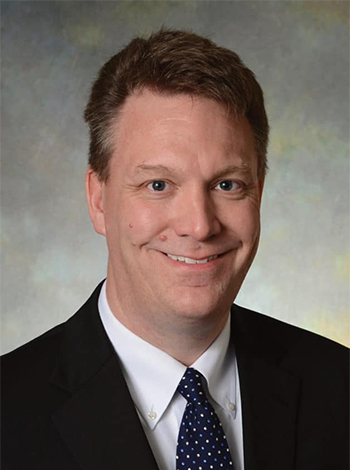
John Wermager, MD
Hennepin HealthCare Community
Clinic Attending
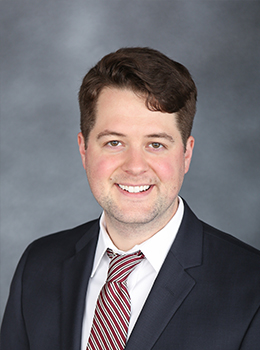
Michael Cahill, MD
1st Year Child Fellow
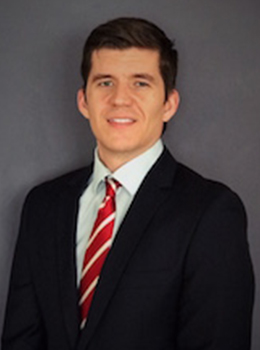
Kayleb Koslowsky, MD
1st Year Child Fellow
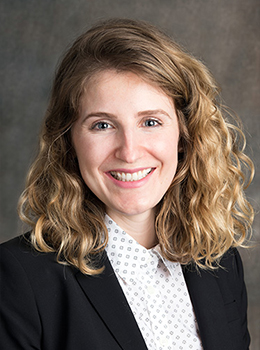
Katherine Mullersman, MD
1st Year Child Fellow
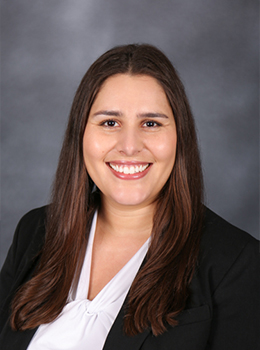
Rachel Kay, MD
2nd Year Child Fellow
